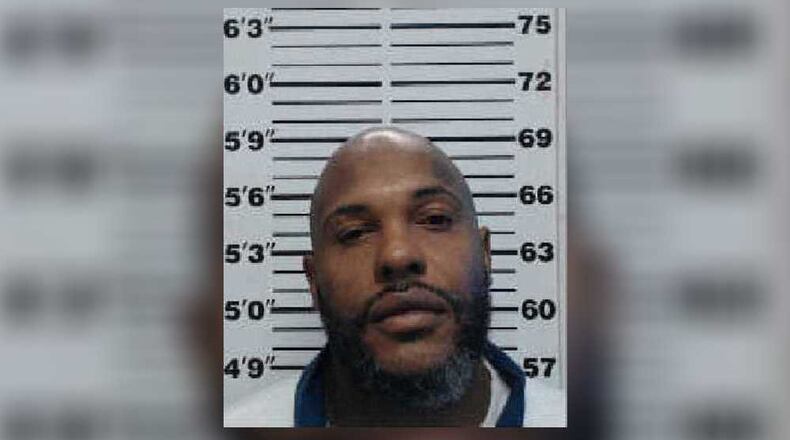The Georgia Supreme Court on Monday threw out 40 years of precedents in upholding a judge’s decision to throw out a DeKalb County murder conviction.
The unanimous ruling means Antiwan Lane gets a new trial for the Dec. 26, 2011, killing of Ivan Perez. Prosecutors said Lane hired a hit man for a murder that was botched because Perez was not the intended victim.
Lane was convicted in 2013 and sentenced to life in prison without parole. But in April 2019, DeKalb Superior Court Judge Clarence Seeliger granted Lane’s motion for a new trial. He found that Lane’s trial counsel failed him on two occasions and Seeliger acknowledged that he had mistakenly allowed the state to present certain evidence against Lane.
Until Monday, the state Supreme Court only considered whether each trial error individually warranted a new trial. If the court found one error was not bad enough to overturn a conviction, it would then consider whether another error warranted a new trial and, if needed, any others, one by one.
Unlike most other appellate courts nationwide, the Georgia Supreme Court didn’t recognize the “cumulative error rule” — whether the collective prejudicial effect of multiple trial errors warranted a new trial.
That will no longer be the case, Justice Nels Peterson wrote Monday.
“There is essentially no good reasoning for the current rule,” Peterson wrote. “… We hold that the proper approach instead is to consider the prejudicial effect, if any, of trial court errors, along with the prejudice caused by any deficient performance of counsel.”
At the end of the opinion, Peterson listed more than 100 state appellate court decisions dating back to 1978 that said cumulative errors should not be considered when determining whether a defendant deserves a new trial. The state Supreme Court will now “disapprove” any decisions with language to that effect, Peterson said.
“I’m glad the court has abandoned an archaic, oddball rule,” said Don Samuel, who represented Lane on appeal. “The court needs to consider the effect of multiple errors, because the question is whether or not there was a fair trial.”
One glaring error in Lane’s case involved false testimony by a DeKalb investigator. According to the prosecution, Lane, believing his wife was sleeping with another man, hired Kevin Stallworth to carry out the murder for $10,000. But Stallworth, who later pleaded guilty and became a prosecution witness, acknowledged he killed the wrong man.
During trial, a DeKalb investigator “confirmed” Stallworth’s claim that Lane initially tried to get Stallworth’s cousin, Eddie Davis, to carry out the hit. But Davis had expressly denied that to the investigator, and the investigator had made note of that in his report, the ruling said.
Lane’s trial lawyer should have confronted the detective with that evidence to show “one of the state’s primary witnesses testified falsely on a significant point,” the ruling said.
Credit: Jim Galloway
Credit: Jim Galloway
On Monday, DeKalb District Attorney Sherry Boston said she respects the high court’s decision and has notified the victim’s family about it.
Even though the Supreme Court ruled Lane’s conviction should be reversed, it also found sufficient evidence presented at trial to support his conviction, Boston said. “Regardless of our next steps, we will proceed with integrity in pursuit of a resolution that is fair and just.”
About the Author
The Latest
Featured






